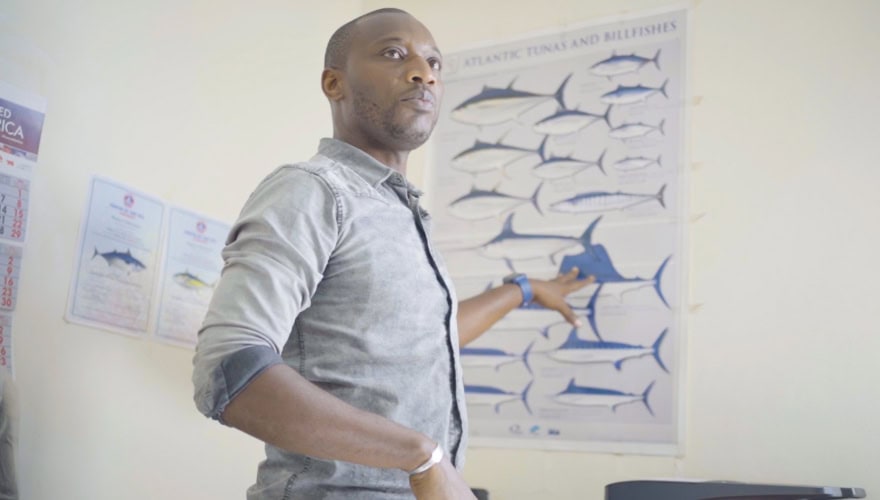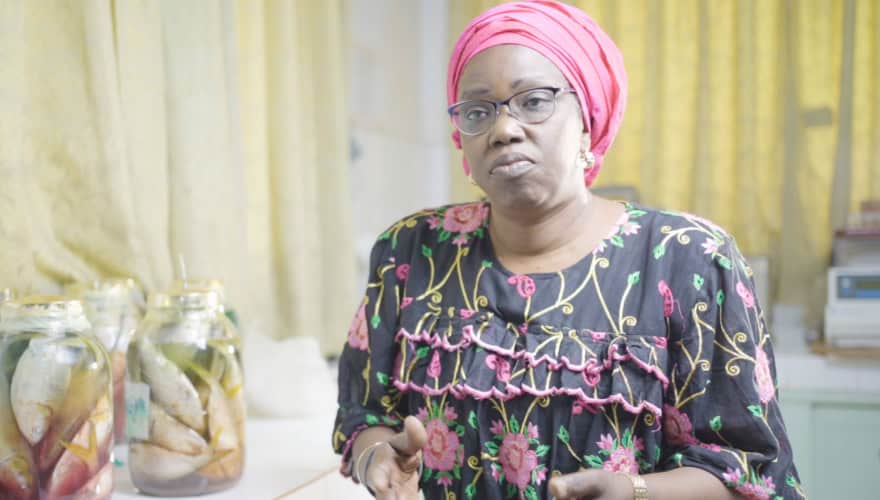Tuna is one of the world’s most popular and economically valuable seafoods. There has been a global increase in demand for tuna, with an estimated 5.8 million tons now caught annually.
In Senegal, tuna has been a key contributor to the economy since the mid 1970s. The pole-and-line fishery, which is based in the Senegalese capital of Dakar, targets skipjack (Katsuwonus pelamis), yellowfin (Thunnus albacares) and bigeye
tuna (Thunnus obesus). The vessels fish in both the waters of Senegal and those of neighbouring countries, particularly the Gambia, Cape Verde, and Mauritania. Tuna are caught for both local consumption and export to the EU, largely France, Spain
and Portugal.

Pole-and-line is a centuries-old technique for catching tuna, thought to have originated in the Maldives. Once a school of tuna is sighted, water sprayers and baitfish (Sardinella species obtained from local artisanal fisheries) are used to create the illusion of a large school of fish near the surface. This encourages the tuna into a feeding frenzy, so much so that they will bite at any shiny, moving object in the water. The fishers capitalise on this, using barbless hooks attached to long wooden poles to heave the tuna one-at-a-time onto the deck.
Through the LEAD project, the fishery is taking its first steps towards sustainability. The pre-assessment identified issues with data quality, a lack of harvest control rules and interactions with, and accidental catch of Endangered, Threatened and Protected (ETP) species, which fishery stakeholders are working to address. Implementation of the action plan will focus in particular on improving management and observer coverage.

“The analysis of fisheries and training of stakeholders using the MSC tool involved fisheries managers and researchers. It was good because everyone was involved in the process.”
Researcher, Centre de Recherches Océanographiques de Dakar-Thiaroye (CRODT), Senegal
“You must fish sustainably, because your father inherited the fishing from your grandfather, and you inherit it from your father. You too must take care of your sons and your grandsons.”


